The Australian TV sector is alert but not alarmed, with production falling from historic highs, exec-level shuffles slowing the content pipeline and overseas jitters finally reaching our shores. But Australian stories are still resonating with international audiences and many of the recent breakout hits have a mystery at their heart or offer a laugh with a bit of bite.
When trade body Screen Australia asked industry reps to describe their feelings about the local biz, there was a range of concerns. Words like “worried,” “frustrated” and “disappointed” were floated but one word stood out from the rest: “hopeful.”
Of the 1,000 TV professionals surveyed, 70% believe that the future of diverse storytelling on screen will either remain the same or improve; there were similarly high figures when producers were asked about collaboration and staying on top of industry trends. This positivity, however, was tested on questions like job security, with only 27% believing things will get better.
This reflects a local biz that has seen some turmoil recently. Screen Australia reported that in 2023-2024, there were just 15 Australian free-toair TV and broadcast video-on-demand dramas made for general audiences, generating 275 hours of content with budgets of $126 million. This figure is down from an average of 38 titles in the 2010s and an average of 29 titles in the 2000s. There has been an almost three-decade slow decline in the number of hours of local content in Australia.
“It has undoubtedly been a quieter year, with the global slowdown and the challenges in international sales reaching our shores,” says Carly Heaton, head of scripted, Fremantle Australia. “At the same time, we’ve seen significant shifts in the commissioning teams at our local broadcasters, which has naturally created a period of uncertainty. That said, there’s a real sense that the dust is starting to settle. We’re seeing commissioning strategies taking shape, buyers re-engaging, and conversations beginning to focus on the next wave of content rather than the constraints of the last 12 months. This reset will ultimately create opportunities for bold, distinctive projects and a stronger year ahead.”
Kate Marks, Ausfilm CEO, acknowledges a slight decline in the number of inbound TV productions from the peak of a few years ago, but over the past year, the country has welcomed a healthy pipeline that she sees as a testament to the strength of Australia not only as a producer of quality local content, but also as a production partner internationally.
“It’s been particularly gratifying to see Australian talent in key creative roles on projects like [Peacock series] ‘All Her Fault’ and [Apple TV+’s] ‘The Dispatcher,’” Marks says. “At the same time, the breadth of work across post, digital, animation and visual effects has been impressive, with titles such as ‘Alien: Earth,’ ‘The Last of Us,’ ‘Ted’ and the upcoming ‘Stranger Things: Tales from ’85’ showcasing the capability and diversity of our screen businesses.” Marks highlights co-productions, including “Mix Tape” with Ireland and the upcoming animated series “Flower and Flour” with Canada, as examples of how well Australia collaborates internationally across television storytelling.
Louise Gough, director of narrative content at Screen Australia, agrees that the industry is set for a rebound and points to the well over 100 Australians that are walking the halls of Mipcom this year.
But not only is she confident about the future of Australian TV content, she is proud of the breakout successes of the past few years.
“Over the past five years there have been some brilliant shows that have sold very well globally,” Gough says. “ ‘The Narrow Road to the Deep North’ is some brilliant Australian IP from an Australian author; ‘Newsreader,’ ‘The Twelve,’ ‘Black Snow,’ ‘100% Wolf: Legend of Moonstone’ — these are just a few of the titles that have been getting a lot of business globally.” Gough adds that Australian talent remains in demand with series like “Heartbreak High,” “Fisk,” “Colin From Accounts” and, of course, “Bluey,” the top dog when it comes to any conversation about Australian TV success.
“What does well is content that is identifiably Australian but with global themes,” she says. “Globally, audiences are leaning into work that has great conversations and also diasporic resonances, and there is a lot coming through the pipeline — whether that is beautiful work like ‘Top End Bub,’ which has just come out and is performing wonderfully, ‘The Chaplain,’ or ‘High Country.’”
“High Country,” a thriller set in the picturesque Victorian alpine region, was a breakout star for U.K.’s BBC; it’s a resilient genre.
“It always makes me laugh because everyone says ‘Oh, we have so many detective shows,’ but then they all want one,” says Rosemary Blight of Goalpost Pictures, makers of the Travis Fimmel-starring whodunit “Black Snow.” “I do think audiences are still responding very well to premium detective dramas, especially if it takes them into a world that they don’t know. Something like ‘Black Snow’ works incredibly well, having someone of the caliber of Travis Fimmel in the middle of it who has such a big reach internationally.” Blight says conversations are being had around the third outing of the series.
The industry body continues to find that “crime is evergreen,” says Gough. “What is so brilliant about crime and the crime works that come out of Australia, is that it has what we call the 80-20 rule,” Gough says. “It’s 80% familiar because the genre is known, but there is 20% where it is being told in a distinct story world or a distinct tone or a distinct point of view, whether it is a comedic crime or a deep, dark crime.”
Comedic whodunit “Deadloch” is more of a parody of the genre, skewering the tropes of the police and forensics procedurals. The series, written by “The Kates,” comedians Kate McCartney and Kate McLennan, is in post on Season 2. Kevin Whyte of “Deadloch” producer Guesswork says shows sell better with a clear creative viewpoint.
“We always do better in entertainment when we focus on empowering the creatives to tell the best stories and that math has never changed,” he says. “It sometimes gets obscured by the business, but underlying all those conversations about trends, formats and platforms, the same truth keeps coming through: If you get great creators, give them space to tell surprising stories, then give them the resources to execute it properly, you will get audiences.”
Guesswork also has a new comedy in the works, “Bad Company,” starring comedians Anne Edmonds and Kitty Flanagan (“Fisk”). This “workplace setting” genre is another one that performs well for Aussie companies, with shows like “Newsreader,” “Fisk” or even Sam Neill-starrer “The Twelve,” a legal drama for Fox Showcase, performing well.
Australia’s other recent international click, “Colin From Accounts,” from Easy Tiger Prods., has breathed life back into the Oz comedy sector.
Rob Gibson, Easy Tiger CEO, says comedy is always a tough sell because people are worried about whether the laughs will land. “The conventional wisdom about comedy not travelling, we have blown that open with ‘Colin,’ and we are having a lot of conversation in the U.K. and the U.S. about comedy that could be made here in Australia.”
Fremantle’s Carly Heaton says this lighter fare is a big focus for them in the future. “There’s a real appetite right now for shows with heart — lighter, funnier, more escapist stories that give audiences a break from the real world,” Heaton says. “A lot of our commissioned projects, and those in commissioned development, share that DNA. We can’t name titles yet, but you’ll see a through-line of hope and humor across our slate which we feel is very strong and exciting.”
Blight says Goalpost is also proud of its lighter fare with the recent success of the Amazon Prime original “Top End Bub,” a TV spinoff from the Aussie feature “Top End Wedding.” Launching at Mipcom, the laffer has had a great response from audiences Down Under. “‘Top End Bub’ is about a big hectic family, the responsibilities and unconditional love.
It’s set in the top end of Australia. That area is green and aqua blue and a world full of crocodiles, and it’s a world that a lot of Australians haven’t seen and certainly the world hasn’t seen,” says Blight. “Overseas audiences think of Australia as red dirt outback, but they don’t know that there is a beautiful tropical world up there. We shoot on Tiwi Islands, and having Amazon on that in Australia and New Zealand allowed us to make something to scale. We are feeling really good about that.”
In fact, Blight says one of the most important things in the current environment is the strength of a local partner — in addition to Amazon’s excellent partnership with “Top End Bub,” streamer Stan threw its weight behind “Black Snow.”
“When your domestic partner really gets behind the show, that success domestically ripples around the world,” she says.
Matt Deaner, Screen Producers Australia CEO, sees key encouragement coming from national broadcaster the Australian Broadcasting Corporation. “There has been a strong signal from the ABC and the new managing director, Hugh Marks,” Deaner says. “He has said that he is doubling down on regional intellectual property because the national broadcaster has the capacity to take risks, and that is great. They are being aggressive in a way we have not seen for a while; that is great news for our industry.”
The ABC stand at Mipcom reps “Fisk,” as well as comedy reboot “Mother and Son” and thriller “Pine Gap.”
Guesswork’s Whyte adds that on-air successes are one thing, but what he has been hearing on the ground is that they are the tip of the iceberg, and that there are many more development conversations going on.
“I certainly feel, and I think others, too, feel like after a couple of years where it felt like we were walking through wet cement, the cogs are turning again, maybe they are turning at a lower volume but it certainly feels like decisions are being made and development is moving forward,” he says.
Blight adds: “We are hitting above our weight, we have to look at those successes and be really proud of them. We are at a time now where the world doesn’t really care what language you speak, they are being educated and watching content from all over the world and we fit in very nicely into that.”

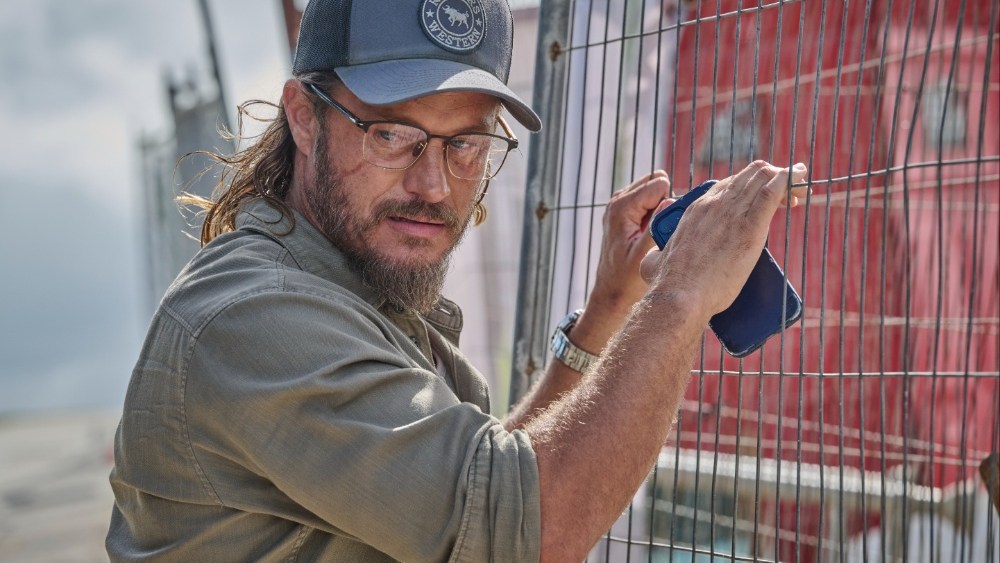
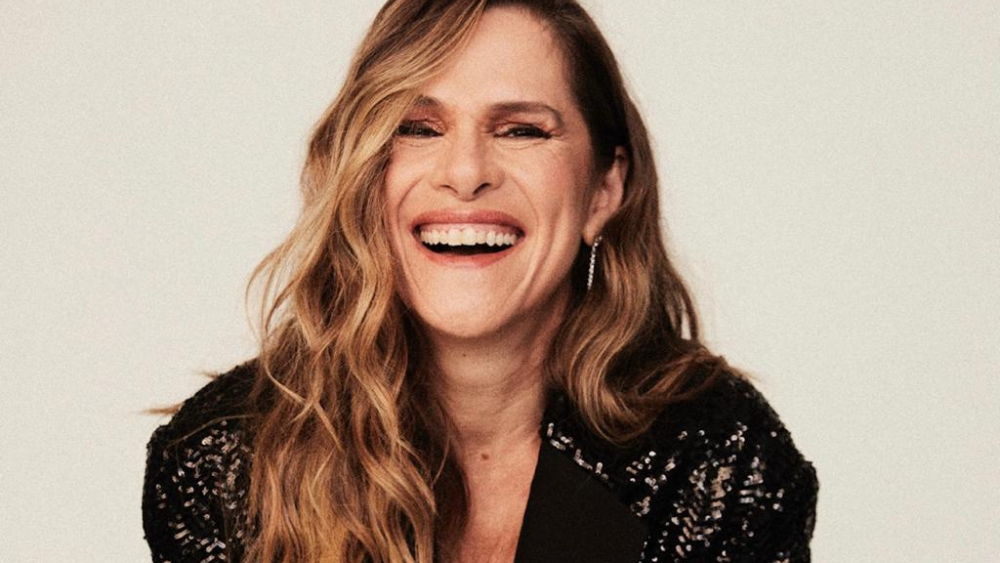
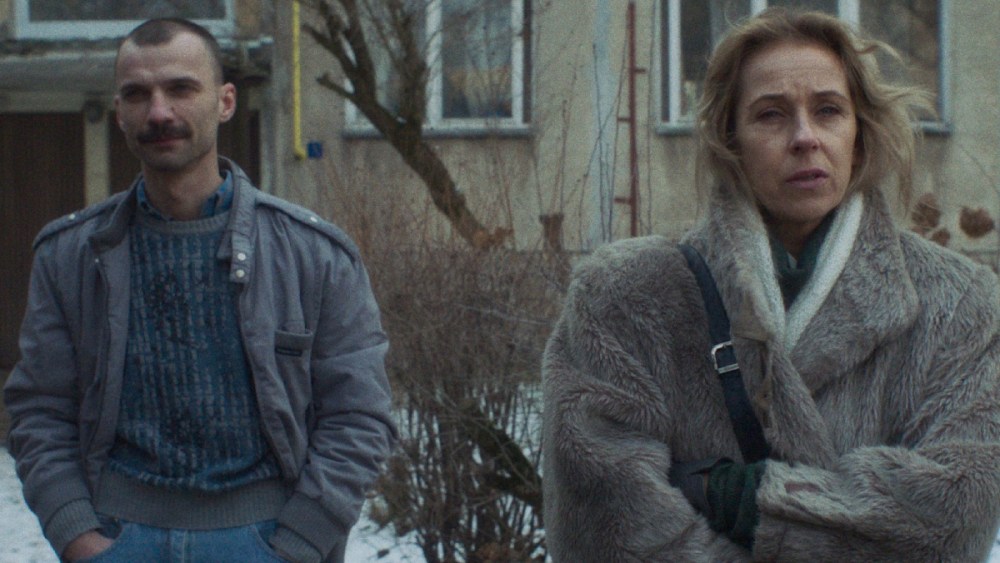

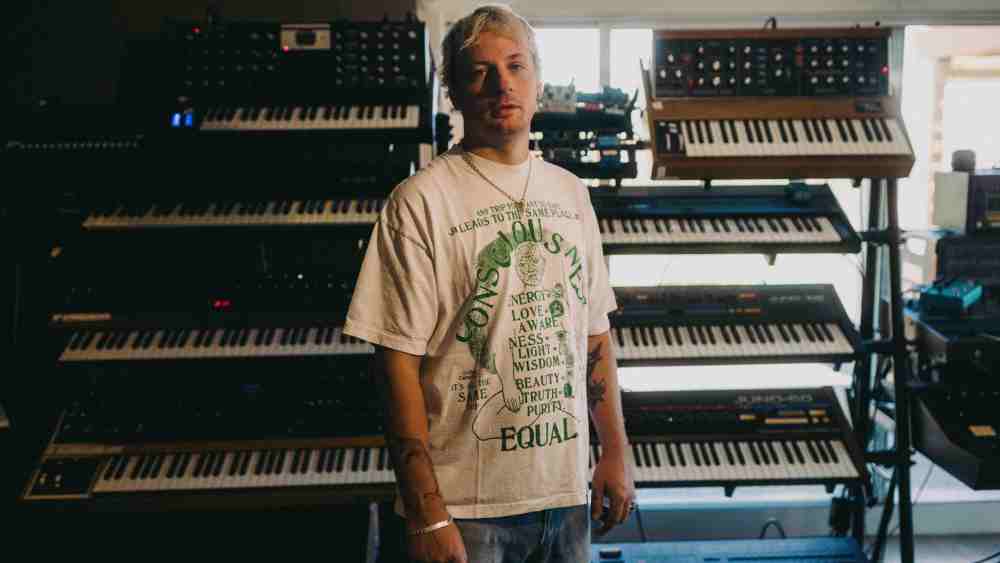
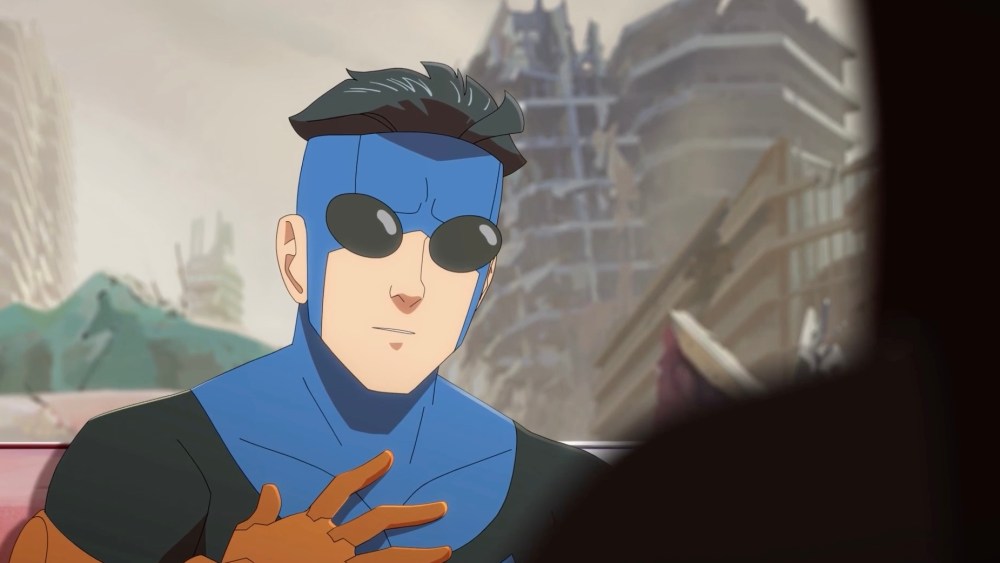
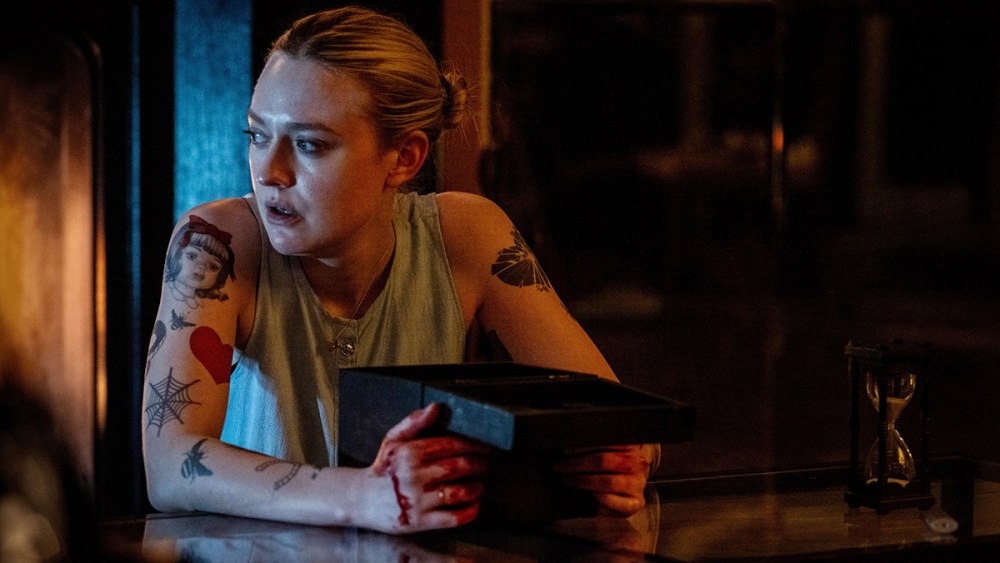

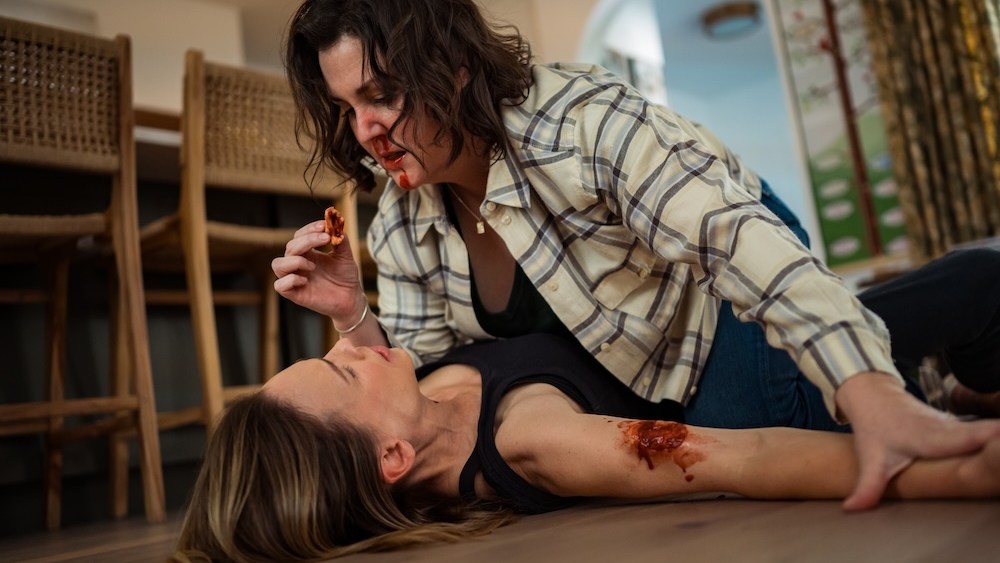






Leave a Reply